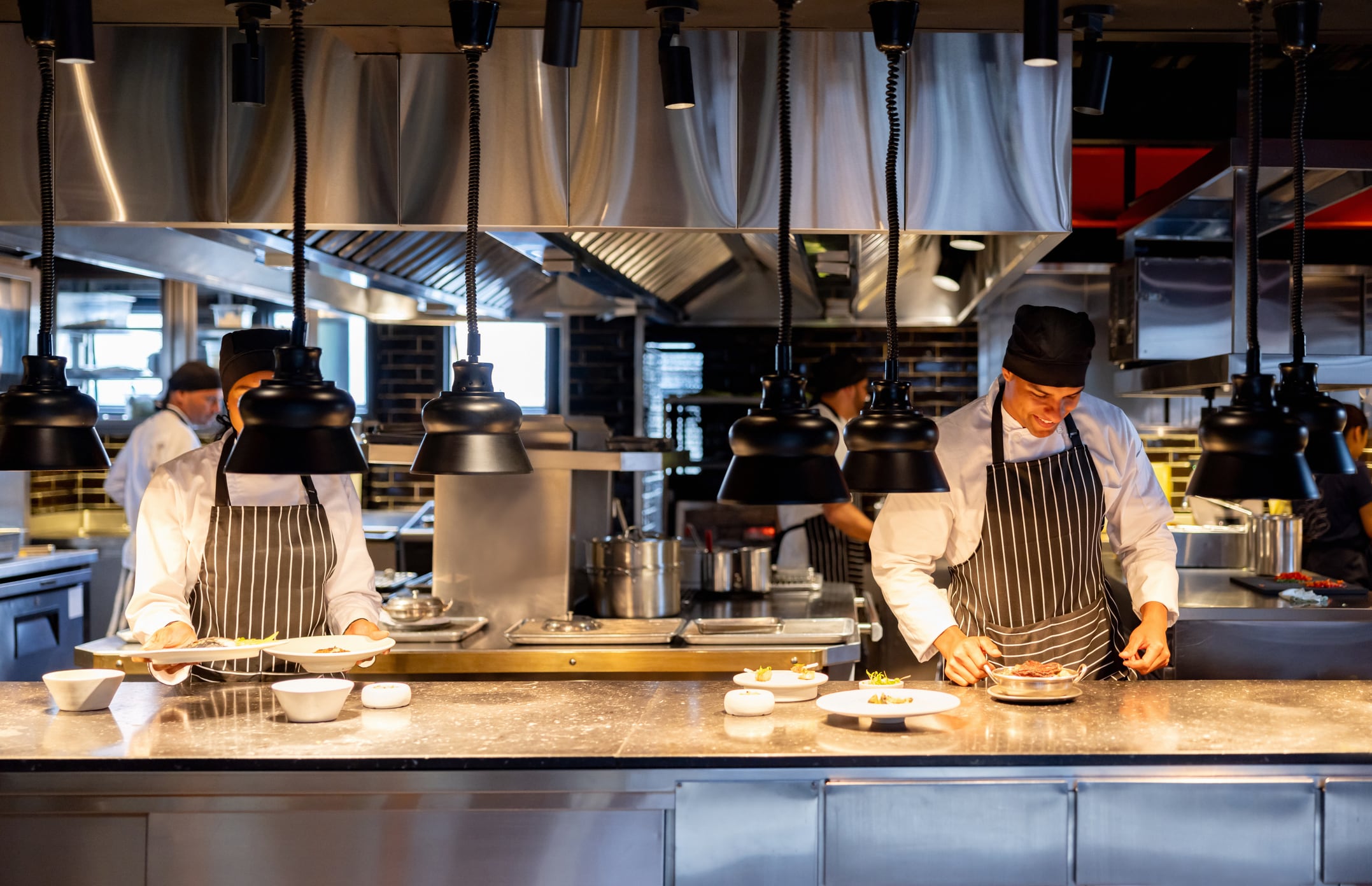Analysis of ONS (Office for National Statistics) labour market figures carried out by RSM UK show payrolled employees in the accommodation and food services industry fell from 2,111,898 in April 2025 to 2,100,827 in May 2025, and were down 4.6% from 2,201,193 in May 2024.
Vacancies in the sector also continued declining, down from 82,000 in the three months to April 2025 to 79,000 in the three months to May 2025.
They also dropped 19% year-on-year (May 2024: 98,000 vacancies).
Saxon Moseley, partner and head of leisure and hospitality at RSM UK, says that while the reduction in hospitality staff appears to be part of a longer-term trend it has been accelerated due to the recent rises in wages and National Insurance contributions (NICs), which were announced in last year’s Budget and came into force in April.
“We would expect to see vacancies in the sector come down from immediate post-Covid highs, but the continued decline below 2019 levels suggests government policy is weighing heavily on the sector,” he says.
“Some operators have reached their limit in passing on costs to customers and so have turned to reducing headcount to mitigate their expenses and preserve margins, which risks denting the customer experience.
“The hope is that the government revisits the National Insurance increase in the Autumn Budget to offer the sector some form of relief.”
He adds that uncertainty around immigration policy means there are growing concerns in the industry surrounding skilled visas and access to chefs.
“The sector relies heavily on overseas workers, so an inability to get hold of the right staff will only exacerbate workforce issues further.”
Kate Nicholls, chair of UKHospitality, also attributes the downturn in employment figures to the impact of the employment cost rises.
“These devastating job losses are a direct consequence of policy decisions at last year’s Budget, which have disproportionately hit the hospitality sector,” says Nicholls.
“The change to employer NICs in particular, was socially regressive and had a disproportionate impact on entry level jobs. Without a change of tack from the Government we could be looking at even more job losses in hospitality, when we should be bringing people into the jobs market.”
Nicholls adds that the sector desperately needs to see action to support the sector in this year’s Budget.
“We urge the Government to act on our asks to fix NICs, by extending the existing exemptions to include both young people and people moving from welfare to work, which will boost jobs and help to reverse this huge loss.
“We also need to see lower business rates to revive high streets, and a VAT cut on hospitality to drive investment. We have seen time and time again that our sector is extremely capable of meeting the Government’s growth and employment objectives, if given the optimal operational environment. This is why we need our asks met, before we are taxed out.”
The ONS figures show that average weekly earnings in accommodation and food services increased slightly from £341.96 in April 2025 to £345.34 in May 2025, and were up 4.3% from £331.26 in May 2024.


